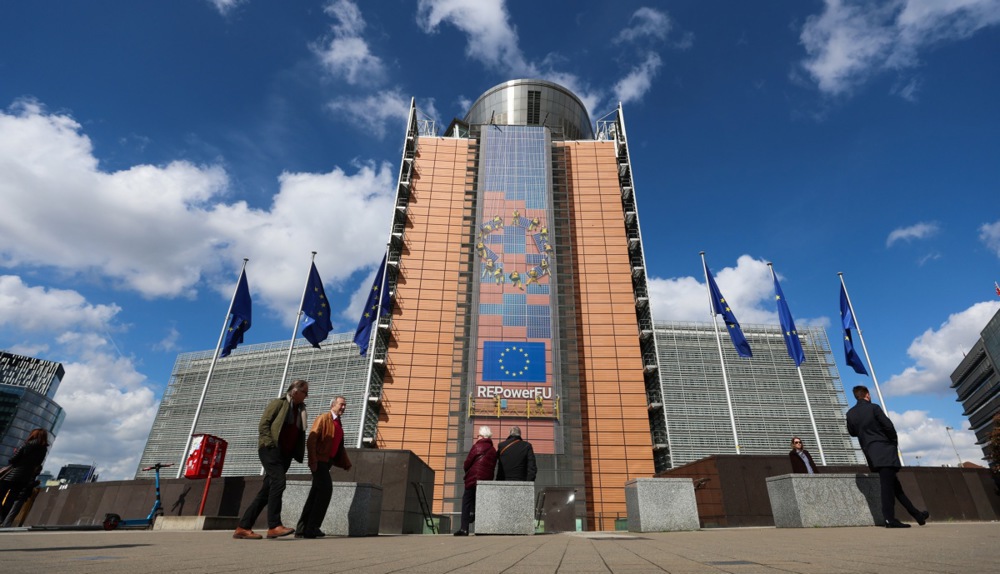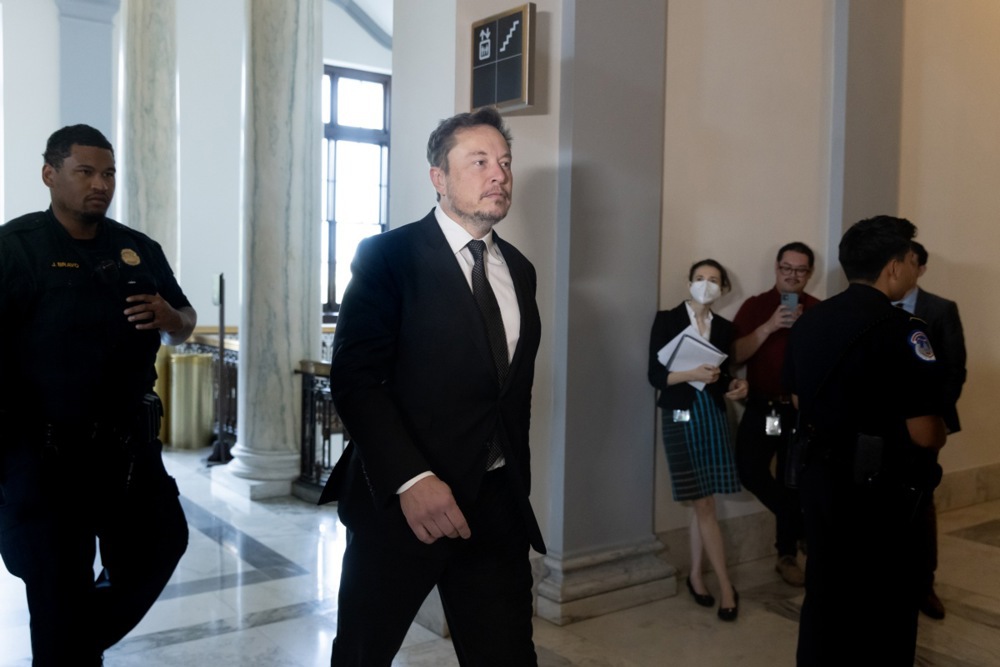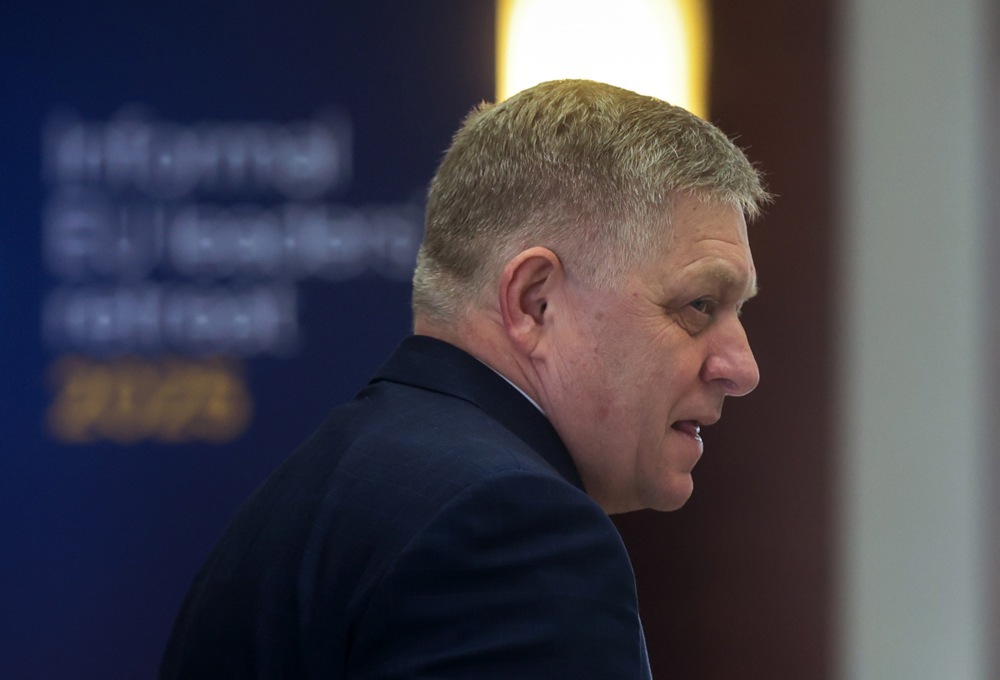Canadian conglomerate Thomson Reuters has received a partial summary judgment in its favour in its copyright infringement lawsuit against Ross Intelligence, an AI start-up.
On February 11, US District Court of Delaware judge Stephanos Bibas ruled that Ross Intelligence had committed copyright infringement by using the content of Westlaw, Reuters’ legal research database, without permission.
According to the judge, the AI company intended to compete with Westlaw by developing a similar service.
This ruling was seen as relevant because similar lawsuits against AI giants including OpenAI and Microsoft have been making their way through the courts.
These cases have hinged on similar questions about whether AI tools could claim a “fair use” defence for utilising copyrighted material.
In 2023, judge Bibas denied Thomson Reuters’ request for a summary judgment, ruling that fair use and infringement should be decided by a jury.
Now, he has reversed his decision, barring the use of ‘fair use’ as a defence for training models on proprietary data without authorisation.
“With new information and understanding, I vacate those sections of that order and its accompanying opinion addressing fair use. Fair use is an affirmative defence, so Ross bears the burden of proof.
“A smart man knows when he is right, a wise man knows when he is wrong. Wisdom does not always find me, so I try to embrace it when it does, even if it comes late, as it did here.”
Still, the judge also noted that the case involved “non-generative” AI, not a generative AI tool such as an LLM, or “large language model”.
Generative AI creates new content; non-generative AI analyses and interprets existing data.
In a statement, Thomson Reuters spokesperson Jeff McCoy, said: “We are pleased that the court granted summary judgment in our favour and concluded that Westlaw’s editorial content created and maintained by our attorney editors, is protected by copyright and cannot be used without our consent.
“The copying of our content was not ‘fair use’.”
Tech companies have contended that generative AI systems made fair use of copyrighted material by analysing it to learn and create new content.
Copyright owners have argued these companies exploited their work to produce competing content, jeopardising their income.
Westlaw included a significant amount of non-copyrightable material, such as legal decisions, but also incorporated its own content.
For example, Westlaw headnotes — summaries of legal points crafted by human editors— are a key feature designed to enhance the appeal of the costly Westlaw subscription for lawyers.
In creating a legal research search engine, Ross converted annotations and headnotes into numerical data for its AI, Judge Bibas noted.
After Thomson Reuters denied licensing Westlaw’s content, Ross bought 25,000 Bulk Memos from LegalEase, using Westlaw headnotes as training data.
Ross CEO Andrew Arruda claimed the Westlaw data was “added noise” but the judge found evidence of copying too obvious for a jury to dispute.





